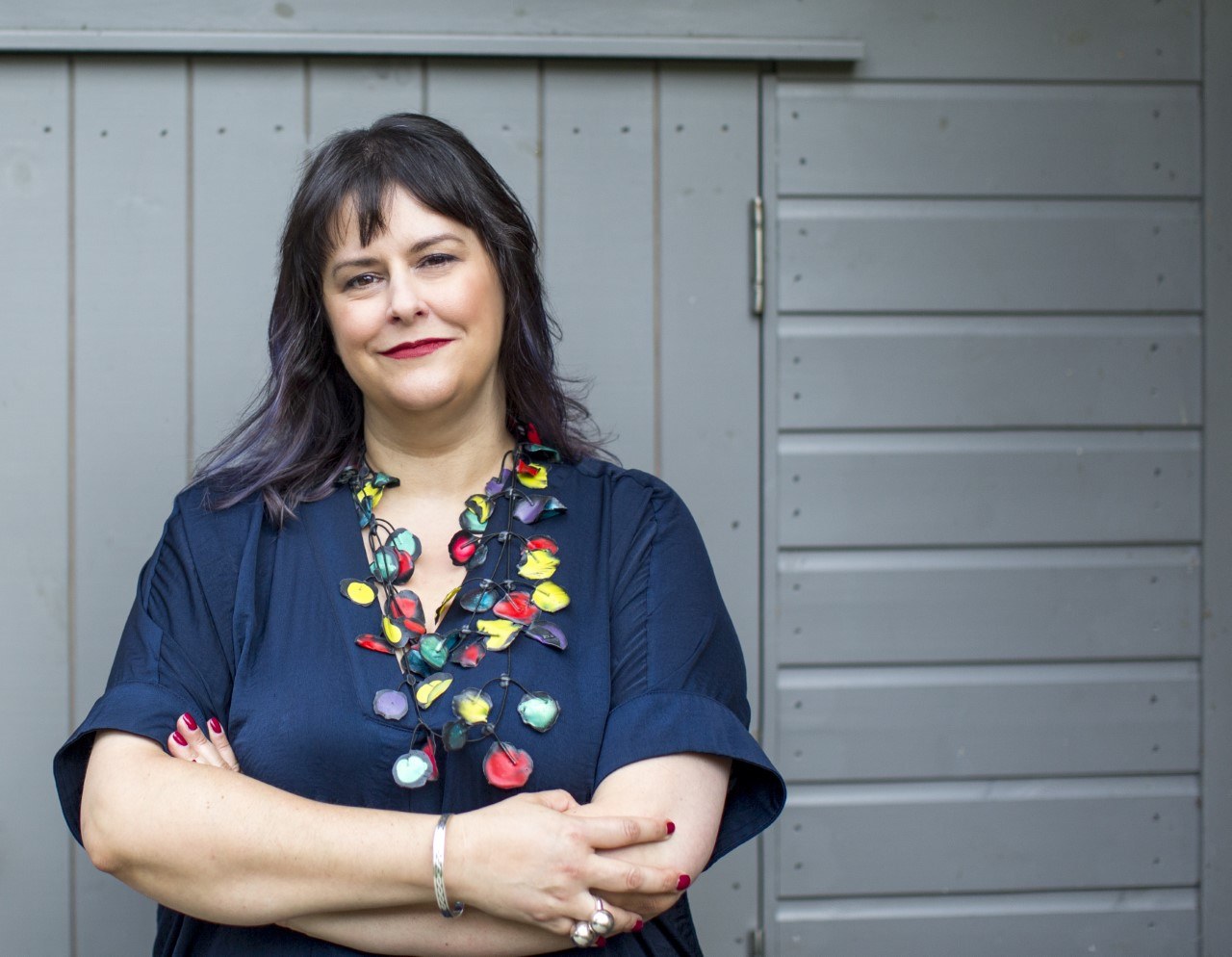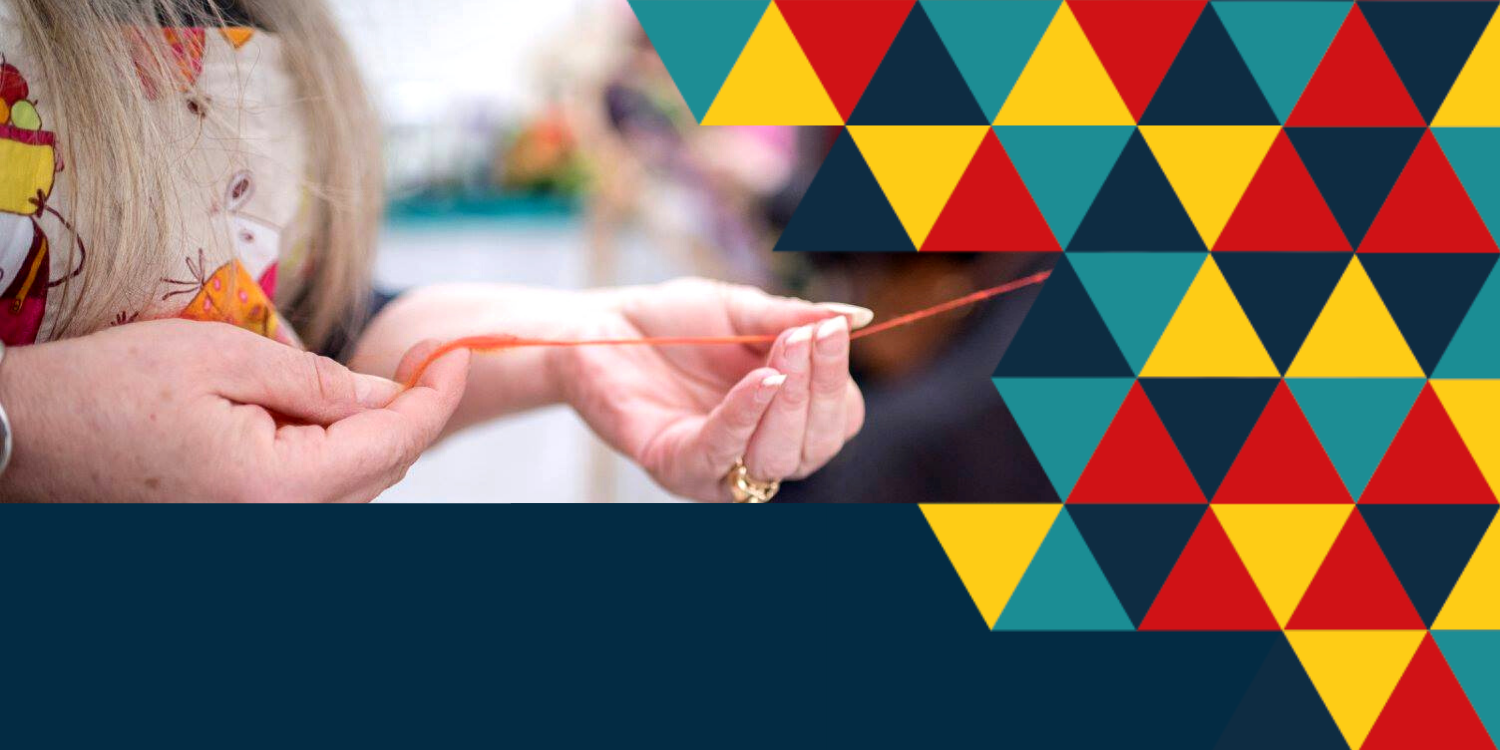What are the biggest governance challenges and opportunities as the sector responds to Covid-19 and the #BlackLivesMatter Movements?
From my experience, I would say that there are the more obvious challenges such as cash flow, staff retention, organisation and audience diversity and representation. And then there are the more existential ones such as ‘does this organisation still fulfil the needs of our community?’ and ‘are our old vision, mission and values still relevant in this time?’.
These challenges are opportunities to change.
The biggest opportunity, in my opinion, is for boards to open up, diversify, and question their established ways of working. We need to ensure that we have people on our boards that represent our communities, understand their experiences, and can make decisions based on the community’s needs. I know many organisations have this already, but there are still those that haven’t made the change.
I hope that Covid-19 and growing public awareness of Black Lives Matter can help our organisations challenge their pasts, accept their wrongdoings and inefficiencies, and move toward more sustainable and equitable futures.
What’s the greatest opportunity that sector-wide good governance might bring?
A sustainable sector. I mean sustainable in multiple ways: environmentally; financially; socially; civically.
I hope that diverse boards, in terms of identity but also in terms of experience and sector, can help us move toward this.
How has cultural governance changed in the last 10 years?
I can’t really answer this one because I’ve only been working in the sector for seven years. From my short time within governance, I’d say that everyone is becoming slightly more aware of issues regarding equity, representation and diversity. The organisations in which I’m currently a trustee were specifically looking for audience development specialists and diversity champions. Was this happening 10 years ago?
I’d hope that this means we’re starting to listen more to our communities and trying to build more sustainable and relevant relationships.
How do you see the governance of culture evolving over the next 10 years, particularly with the civic role of the arts and the climate crisis in mind?
My first answer to this was going to be ‘representation, representation, representation’: we need governance systems that represent the community to be able to understand and advise on exactly how we create messages and share stories relevant to that community. Representative boards = relevant decisions.
Perhaps, though, we need to think more carefully about knowledge retention systems so that long-standing board members can make way for newer ones. If our organisations were able to harvest the knowledge and experience of their board members, perhaps there could be a healthier turnover to increase the breadth of that knowledge. I don’t mean that you take what you want and then discard the empty carcasses of your longer-standing board members; I mean that we maintain those relationships and build the system with those trustees so that they know they will still have ways to help the organisation while making room for new ideas.
What can we learn from other sectors - in the UK and internationally - about good governance?
We need better reporting structures so that the sector’s staff feel supported and their wellbeing is prioritised. We need to get better at HR. This position comes from my experiences as a member of staff in previous organisations, not as a board member. We need to care more about our staff, and we need to take their feedback seriously.
What three words best describe the qualities that are needed in trustees?
Empathetic. Reliable. Willing.
Tell us about your first governance role. How did you learn the ropes?
My first governance role is one I still hold. I only started it two years ago. I’m still new to the whole thing.
The organisation is a queer, feminist theatre collective that perform works by womxn and queer people, often in found spaces. By Jove Theatre Company. Look them up.
I learnt by doing and I learnt from some very friendly and open colleague trustees.
What governance challenges are you facing at the moment and what are you doing to overcome them?
It’s a boring one: capacity. I think everyone in the sector is stretched beyond belief in their day-jobs (if they’re fortunate enough to still have one). I’m having to be much stricter with my working hours for the paid jobs to allow time and space for the work involved in being a trustee.
What advice would you give prospective trustees/(or chairs) in the cultural sector?
Questions to ask yourself: What do you care about? What expertise do you have? And that’s expertise at anything – logistics, health and safety, diversity, safeguarding, social media marketing, fundraising, and community engagement. How is this useful to the organisation? What can you offer beyond your work-related expertise - such as negotiating skills, an arbitrator, a listener, a coach? What can you gain from the organisation? Do you have a voice that isn’t already represented on the board?
We hope you’ll join Tom and a host of other fantastic speakers at Governance Now 2020 — the flagship conference for culture sector trustees and professionals.
Governance Now takes place online from 5 November to 26 November 2020. Book tickets here.
Governance Now 2020 is sponsored by Saxton Bampfylde and promoted by the Cultural Governance Alliance, a network of sector agencies led by Clore Leadership.



